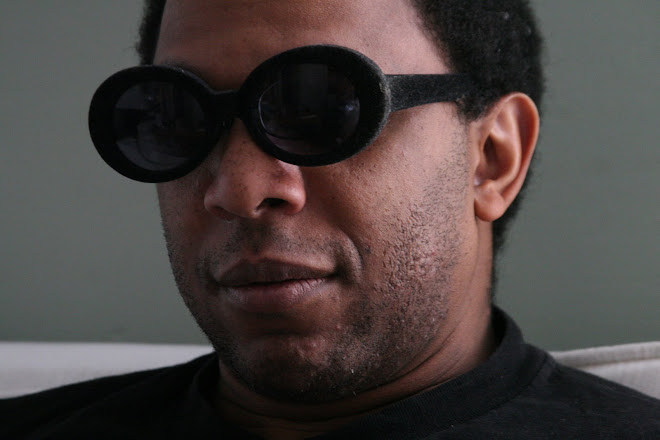Thymos, one element of Plato's tripartite division of the soul — the other two being reason and desire — can be translated as spiritedness. It is the location of such feelings as pride, shame, indignation, and the need for recognition for oneself and for others.
Thymos can overrule both reason and basic animal instincts and propel one into a duel over an insult, or into a burning building to save a child, or into a war for a cause one finds just. According to Hegel, humanity is at its peak when it thymotically risks its life for the sake of a greater good. On the other hand, it is also what drives suicide bombers and other terrorists.
Francis Fukuyama, the author of The End of History and the Last Man, puts it thus: "Thymos is something like an innate human sense of justice."
He elaborates in two distinct directions:
- "...people believe that they have a certain worth, and when other people act as though they are worth less — when they do not recognize their worth at its correct value — they become angry..."
- "Thymos... as such is the psychological seat of all the noble virtues like selflessness, idealism, morality, self-sacrifice, courage, and honorability."

No comments:
Post a Comment